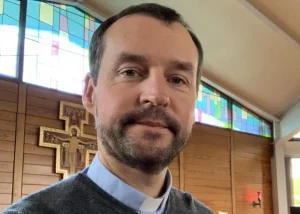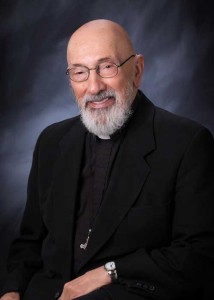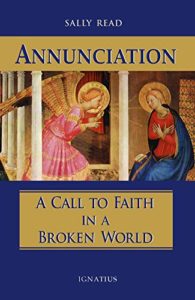Podcast: Play in new window | Download (Duration: 28:41 — 19.8MB) | Embed
Subscribe: Apple Podcasts | Spotify | Amazon Music | Android | Pandora | iHeartRadio | JioSaavn | Podchaser | Gaana | Podcast Index | Email | TuneIn | Deezer | Anghami | RSS | More

Prayer and Healing from Sin – The Heart of Prayer with Fr. Éamonn Bourke
Fr. Eamonn Bourke reflects on the subtle yet pervasive nature of sin, comparing it to layers of grime that obscure the true beauty of a masterpiece, like the recently rediscovered Caravaggio in Dublin. Even minor faults can gradually distance us from God’s grace and we often fail to recognize our own sins, mistaking a clean conscience for an absence of grave offenses. Regular confession as a gentle, ongoing restoration of the soul, is similar to a careful art restoration, gradually revealing the inherent dignity and beauty of each person. We should approach the sacrament without fear, trusting in God’s gentle, transformative mercy, and consider spiritual companionship, like spiritual direction, in sustaining a vibrant prayer life.
The power of tears is a sign of authentic spiritual healing, reminding us that deep emotions in prayer can often signify profound encounters with the Holy Spirit. Fr. Bourke shares personal experiences from his ministry, illustrating how even the most deeply held wounds can find healing in God’s mercy.
Discerning Hearts Reflection Questions
- How do small, unnoticed habits of sin gradually obscure the true dignity and beauty of our souls?
- In what ways can we become “anesthetized” to our own sins, and how can we awaken to this reality?
- How might regular confession serve as a gentle, ongoing restoration of our spiritual image, like an art restorer uncovering a hidden masterpiece?
- Have I ever hesitated to approach God in prayer or confession out of fear or shame, and what might be holding me back?
- How can I invite the Holy Spirit to reveal areas in my life that need healing or repentance?
- Who in my life can serve as a spiritual companion or guide as I seek a deeper relationship with God?
- How often do I examine my conscience, and what patterns of behavior might God be inviting me to address?
- Do I allow myself to express deep emotions like tears in prayer, and how might this be a sign of the Holy Spirit at work?
- How can I better support others on their spiritual journeys, just as Christ sent his disciples out two by two?
- What steps can I take to make prayer a regular, consistent part of my daily life, as Christ modeled for us?
Father Éamonn Bourke is a priest of the Archdiocese of Dublin, Ireland and served as Vocations Director for the diocese, as well as Pastor in a number of its parishes. Trained as a spiritual director in the contemplative style, he now serves as Chaplain to University College, Dublin, the largest University in Ireland.








